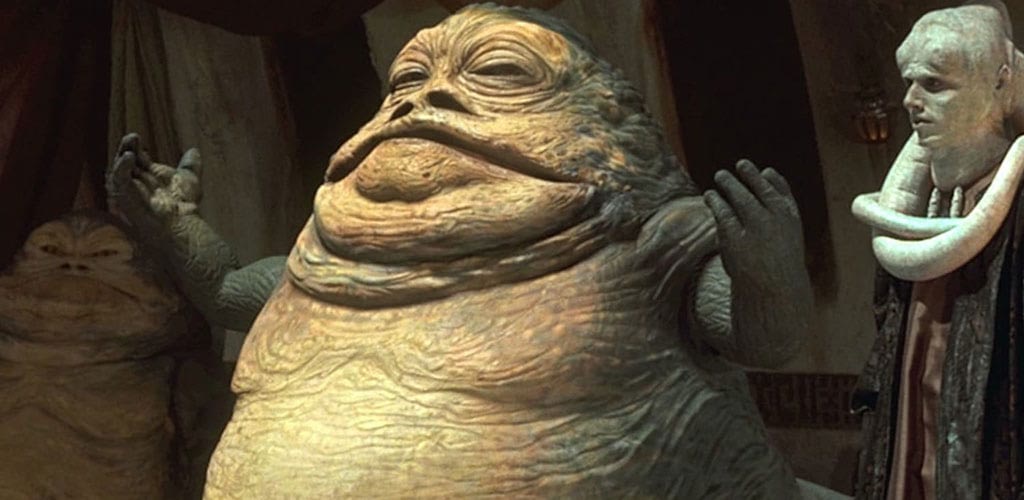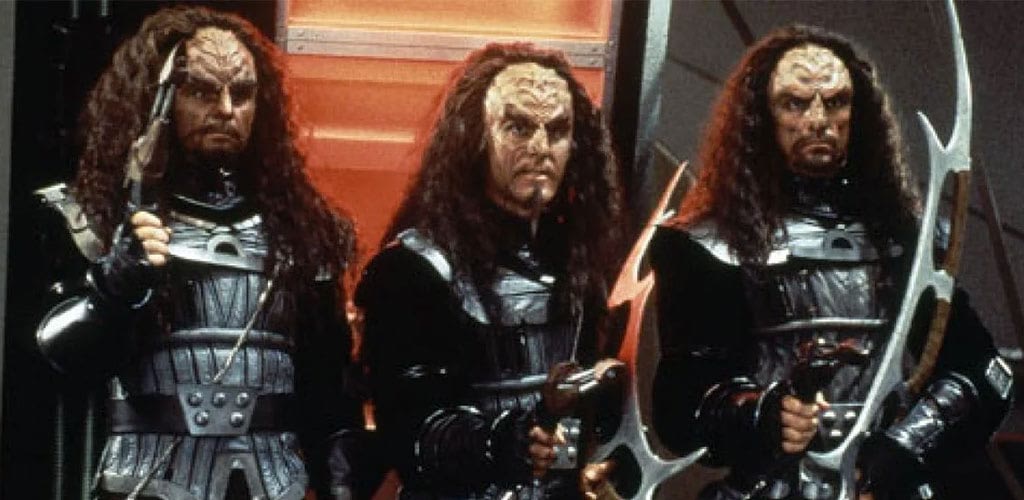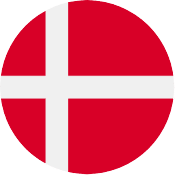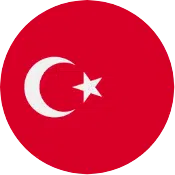
Film & TV Constructed Languages
With the new Game of Thrones prequel series, House of the Dragon, now underway, fans of the original series are understandably excited to see how events unfolded before the original award winning series took place. For years fans were enthralled by the tales of the Stark, Lannister and Targaryen houses and their battles to take control of the iron throne. One of the most fascinating elements of the show was the language of the Dothraki people. We thought it would be a perfect opportunity, with this new series starting, to look back at some of the most famous constructed languages for film and TV.
Film & TV Constructed Languages
Dothraki – Game of Thrones
One of the biggest TV shows in history, Game of Thrones has millions of fans across the world! It’s launch in 2011 brought viewers into the world of Westeros where nine noble families battle for control of the land and the Iron Throne. One of these families, the Dothraki’s, are unique in their use of their own language.

While all others speak English, the Dothraki language sounds, in parts, like mixes of Arabic and Spanish due to its form and dental consonants. Developed by David J. Peterson specifically for the show, Dothraki consists of over 3,000 words and has its own unique structure.
For the production of the show, scripts were produced with Dothraki and English translations to allow the actors to ‘learn’ the language as they were performing. This also helped with emphasis on words and phrases in relation to the context of the lines. Emilia Clarke and Jason Momoa were the main speakers of the language within the show. However it appears that Dothraki was not a language which stuck with either actors.
In an interview with the Daily Mail, Emilia Clark commented “Dothraki is this weird thing as it goes into your brain for as long as you need it to and then it disappears, gone.”
Elvish – Lord of the Rings & The Hobbit
One of the most famous and intricate of all created languages, Elvish was developed by J.R.R. Tolkein for his best selling books The Hobbit and Lord of the Rings. Largely based on Finnish and Welsh, Elvish is actually broken down into different dialects. Of which, Quenya and Sindarin are the two most prominent.

The languages were developed between 1910 and 1920 as Tolkien developed his novels. His construction of the languages mean that they are complete enough for basic use, but unable for fluency for conversation. However, this has not stopped fans of his work continuing to develop the language and create their own poetry, fiction and other verse with it.
Tolkien’s level of detail with regard to his tales of Middle Earth also translated into the development of language. Due to the variations of Elvish, Tolkien mapped out how and when integration of different dialects took place within the Elvish community. This intricate level of detail and history makes Elvish one of the most developed and interesting constructed languages for entertainment.
Huttese – Star Wars
If Lord of the Rings is considered the biggest literary series in the world, then Star Wars has to take the title of biggest cinematic series. While there are many constructed languages in the films, Huttese is one of the most mimicked and parodied.

Spoken by the Hutt race, this language is not fully developed and its depth is very shallow. The language is based on Quechua, an indigenous language spoken by the Quechua people in South America.
Klingon – Star Trek
Developed for Star Trek: The Motion Picture, Klingon was constructed as a language to sound intentionally alien.
Based on traditional human languages, Klingon features a vast amount of guttural and harsh sounds. This use of of sounds was intended to emphasise the alien nature of the language whilst replicating the Klingon violent and aggressive nature in their speech.

There are many words used within traditional language which do not directly translate to Klingon. The equivalent for ‘Hello’ for example is ‘What do you want?’. This, plus the multiple variations of words such as ‘fight’, highlights the violent and aggressive nature of the speakers.
Minionese – Despicable Me
Love them or hate them, you can’t turn on your TV without seeing a bright yellow Minion somewhere. Created for the film Despicable Me, these little yellow creatures are famous for their own constructed language, Minionese.

While it may sound like gibberish and with no construct or patterns, the language is actually fully formed. Borrowing words from other languages, such as Spanish, Italian and Chinese, the Minionese language is exclusively spoken by Minions. During the course of the films it is clear that Minions understand English as well, but never speak it.
Constructed Languages for Film & TV
While watching films and television programmes, these constructed languages may come across as ‘random’ or ‘nonsensical’. It is clear though that a lot of time and effort goes in to creating these dialects. Some have greater depth than others, but their intention is always the same, to offer a believable and realistic language for audiences.
Unfortunately, Cactus do not offer any courses for these languages. However, there are plenty of translators available online for those who are interested in honing their skills.
Discover more about languages around the world with Cactus:
Have you read about Film and Television Constructed Languages and want to learn a language or improve your language skills? Cactus offers a variety of great group language courses. Including online and in the UK, across the world and private classes. Learning a language has never been easier, and is a great way to uncover a different culture.

 French
French German
German Italian
Italian Spanish
Spanish Arabic
Arabic Cantonese
Cantonese Czech
Czech Croatian
Croatian Danish
Danish Dutch
Dutch English
English Greek
Greek Hebrew
Hebrew Hindi
Hindi Japanese
Japanese Korean
Korean Norwegian
Norwegian Polish
Polish Portuguese
Portuguese Russian
Russian Swedish
Swedish Thai
Thai Turkish
Turkish Ukrainian
Ukrainian